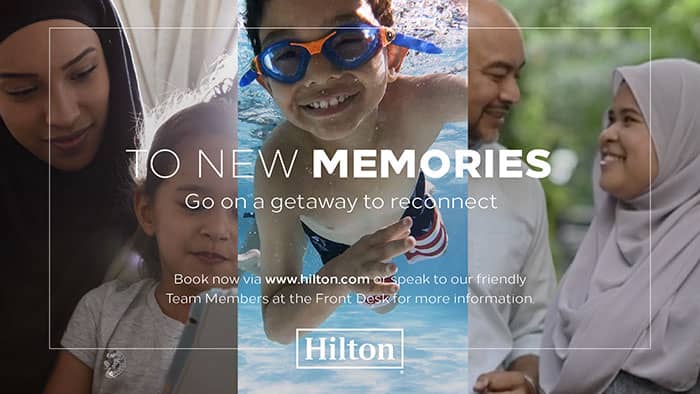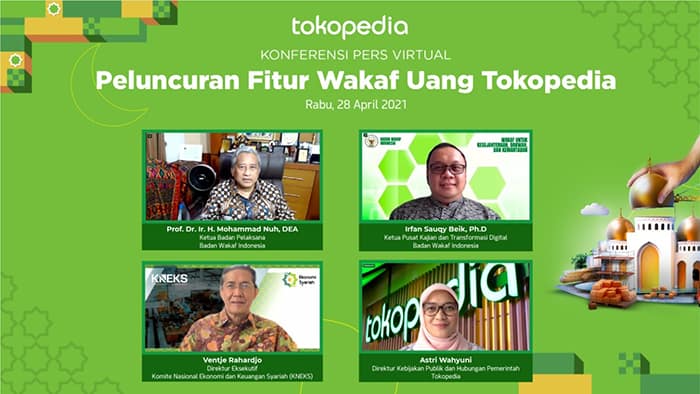Kuala Lumpur, Malaysia – In line with the celebration of Ramadan, the holy month of fasting for Muslims, hospitality brand Hilton has reiterated its global campaign, ‘To New Memories’, with the launch of its Malaysian-based follow-up campaign, aimed at facilitating the reconnection of people through packages that fully embrace Ramadan traditions.
In 2021, Hilton debuted ‘To New Memories’, which was built on research insights that show consumers are craving reconnections with family and friends and are inspired by travel memories. For this year, the campaign will be encouraging families to make new memories as they spend some quality time with loved ones by offering special room and dining packages along with special arrangements to support their practices this holy month. These include changing breakfast hours to accommodate morning prayers, and providing prayer mats, the Quran, as well as prayer timetables within the guest rooms.
Eugene Oelofse, Hilton’s marketing and communications director for Malaysia, Philippines, and Sri Lanka, said, “Cherished family memories are at the heart of Hilton. We want guests to know that Hilton and our Team Members are ready to fully facilitate connection with loved ones during the month of Ramadan.”
All 11 Hilton outlets nationwide will partake in the Ramadan traditions of Iftar and Sahur, or the evening and early morning meal, with a specialised dinner buffet highlighting Malaysia’s Culinary Heritage and other central Asian specialities. This campaign will run until 3 May 2022.









